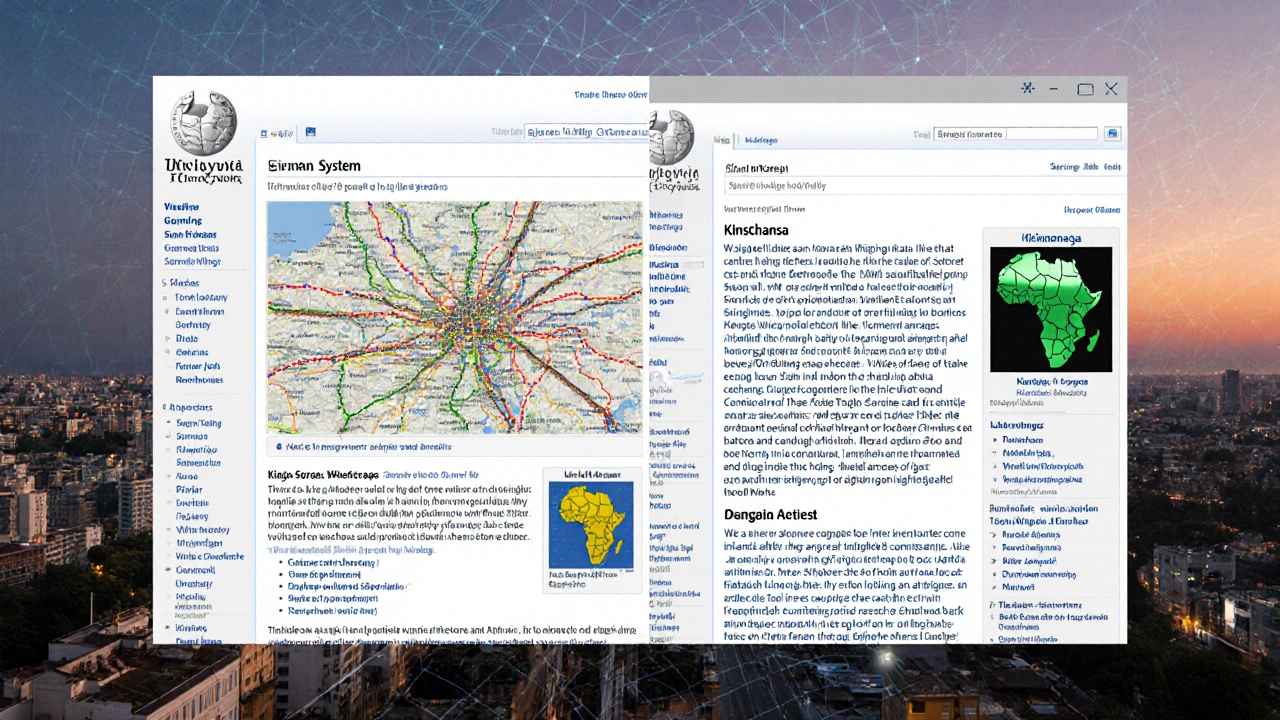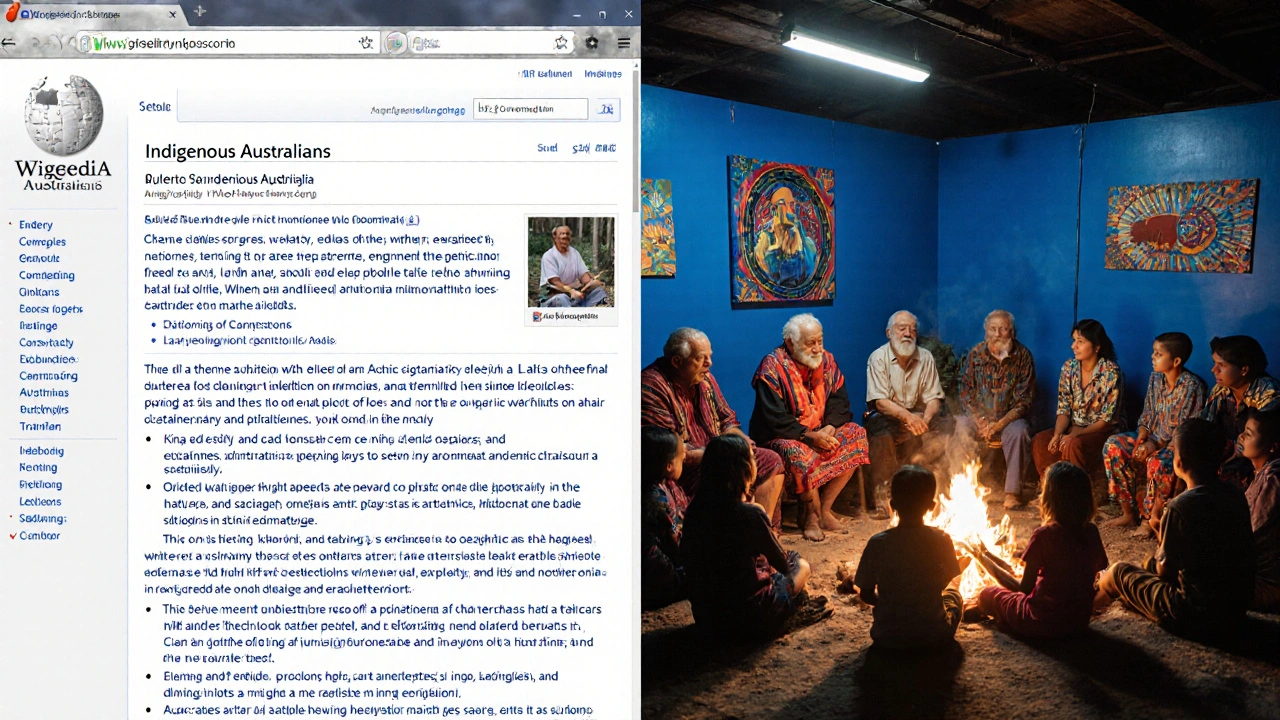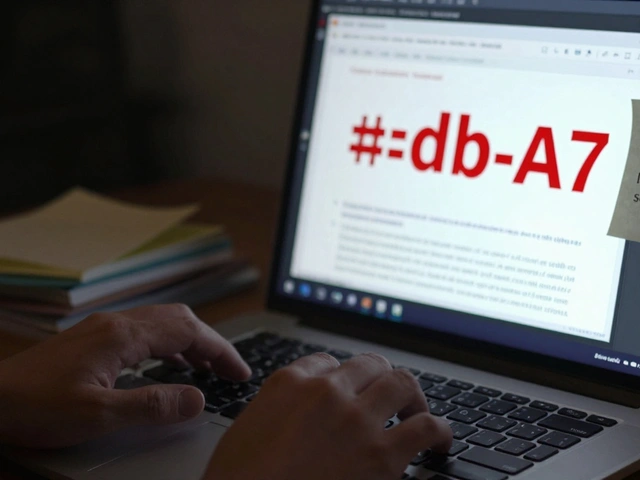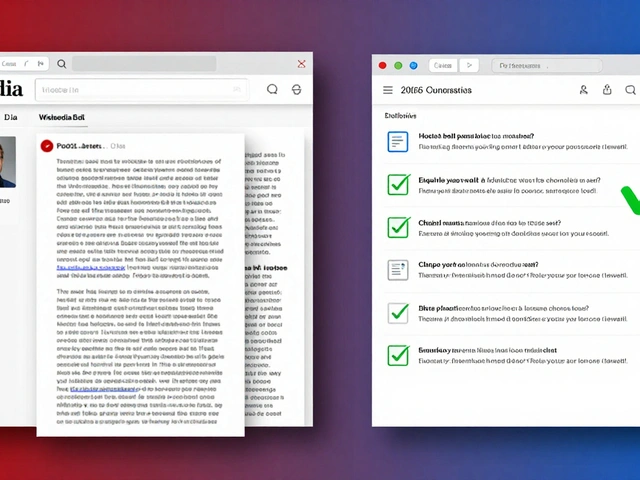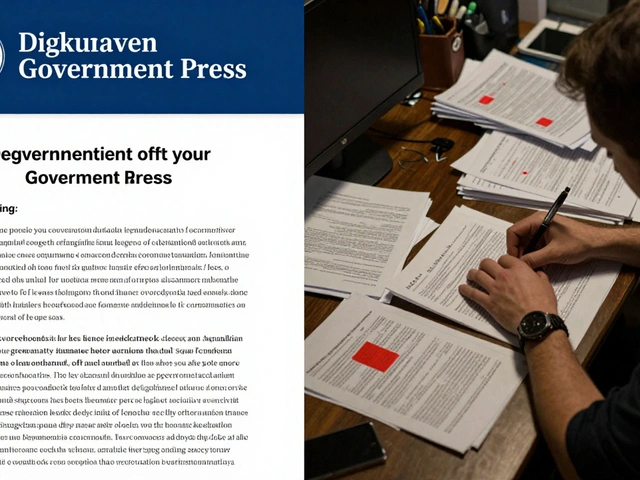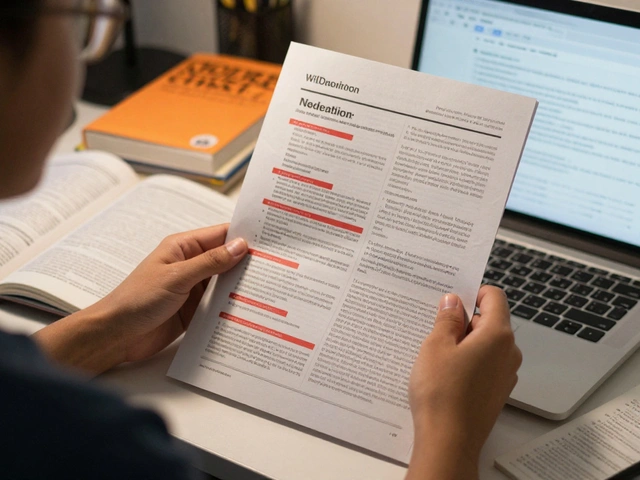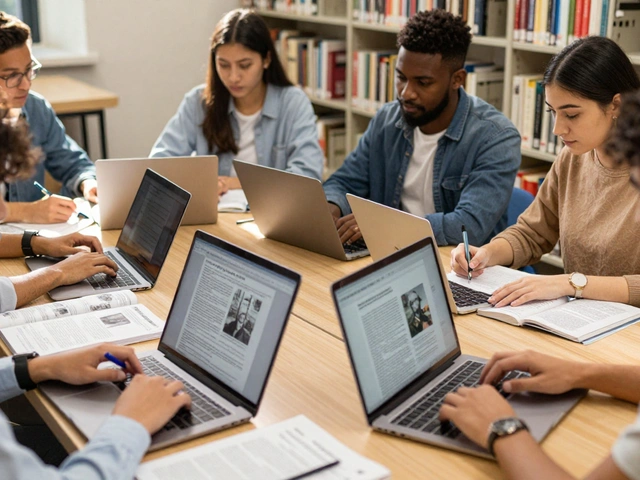Wikipedia Diversity: Who Edits, What Gets Covered, and Why It Matters
When you think of Wikipedia, you might picture a neutral, global library—but the people building it aren’t evenly spread across the planet. Wikipedia diversity, the range of voices, languages, and perspectives represented in Wikipedia’s content and editor base. It’s not just about adding more articles—it’s about making sure the people writing them reflect the world they’re describing. Right now, most edits come from a small slice of the globe: urban, male, tech-savvy, and often from Western countries. That means stories from rural Africa, Indigenous communities in the Americas, or women in South Asia rarely make it into the spotlight—even when they’re historically significant.
That’s where multilingual Wikipedia, Wikipedia editions written in languages other than English, often by local volunteers with deep cultural knowledge comes in. Projects like the Swahili or Yoruba Wikipedias aren’t just translations—they’re new ways of knowing. And they’re growing because of Wikimedia grants, small funding programs that empower local groups to build content in underrepresented languages and regions. These grants don’t pay for ads or influencers—they pay for workshops, internet access, and training so someone in a village in Ghana or a remote town in Nepal can write about their own history in their own language.
But funding alone doesn’t fix the problem. The real issue is who feels welcome to edit. contributor personas, the different types of editors—from perfectionists who fix commas to global volunteers who add entire sections on local traditions—show us that Wikipedia isn’t run by one kind of person. Some are academics. Others are grandmothers editing from their phones. Some edit for hours. Others drop in once a year to fix a typo. The challenge isn’t just getting more people to edit—it’s making sure the rules and culture don’t push out the very voices we need.
And it’s not just about numbers. When a Wikipedia article on a Nigerian festival is written by someone who grew up celebrating it, the details—names, rituals, meanings—don’t get lost in translation. When a Kurdish editor adds a page on their language’s poetry, they’re not just filling a gap—they’re resisting erasure. Wikipedia diversity isn’t a nice-to-have. It’s the difference between a world that’s accurately documented and one that’s skewed by who had the power, access, or confidence to speak up.
What you’ll find below are real stories from the front lines: how African language Wikipedias are rising, how paid editors and volunteers shape what gets included, how grants turn local knowledge into global resources, and how community events like WikiConference North America are bringing in women over 45 and Indigenous editors who were once invisible. This isn’t theory. It’s action. And it’s changing what the world knows—and who gets to say so.
How to Reduce Cultural Bias in Wikipedia Biographies and History Articles
Wikipedia's biographies and history articles often reflect cultural bias, favoring Western, male, and elite figures. Learn how systemic gaps form-and how anyone can help make history more inclusive through editing, sourcing, and language changes.
Geographic Bias in Wikipedia: How Location Shapes What We Know
Wikipedia claims to be a global knowledge hub, but its content is heavily shaped by where editors live. This article explores how geographic bias affects what’s written, who gets heard, and why the world’s knowledge is skewed toward the Global North.
Case Study: How Wikipedia Covers Indigenous Peoples - Bias, Gaps, and Progress
Wikipedia's coverage of Indigenous peoples is often incomplete or biased due to systemic gaps in representation. This case study explores the challenges, progress, and real efforts to reclaim Indigenous narratives on the world's largest encyclopedia.

